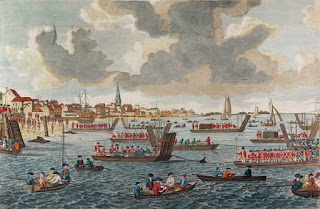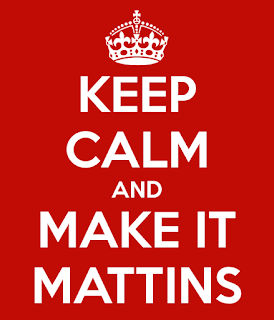"Against the violence of usurped power": a 1777 sermon by Charles Inglis to Loyalist troops

On 7th September 1777, Charles Inglis - then Rector of Trinity Church, New York - preached at Kings-Bridge to a newly-formed Loyalist unit raised in service of the Crown. Preaching on the text "And the Soldiers likewise demanded of him - And what shall we do? And he said to them, Do Violence to no Man, neither accuse any falsely, but be content with your Wages" (Luke 3:14, the Baptist addressing the soldiers), Inglis pointed to the Forerunner's words as rejecting "crude Notions of those who assert the Unlawfulness of War, or of bearing Arms, on any Occasion". This led Inglis to set the context for the moral justification for Loyalists bearing arms in defence of the constitutional order: This I judged a proper Subject to dwell on, when addressing you, my Brethren, who are now called into the Field, in Defence of legal Government, and of the just Authority of your rightful Sovereign—in Defence of your Lives, Liberties and Property—of all, in short, that is dear ...




